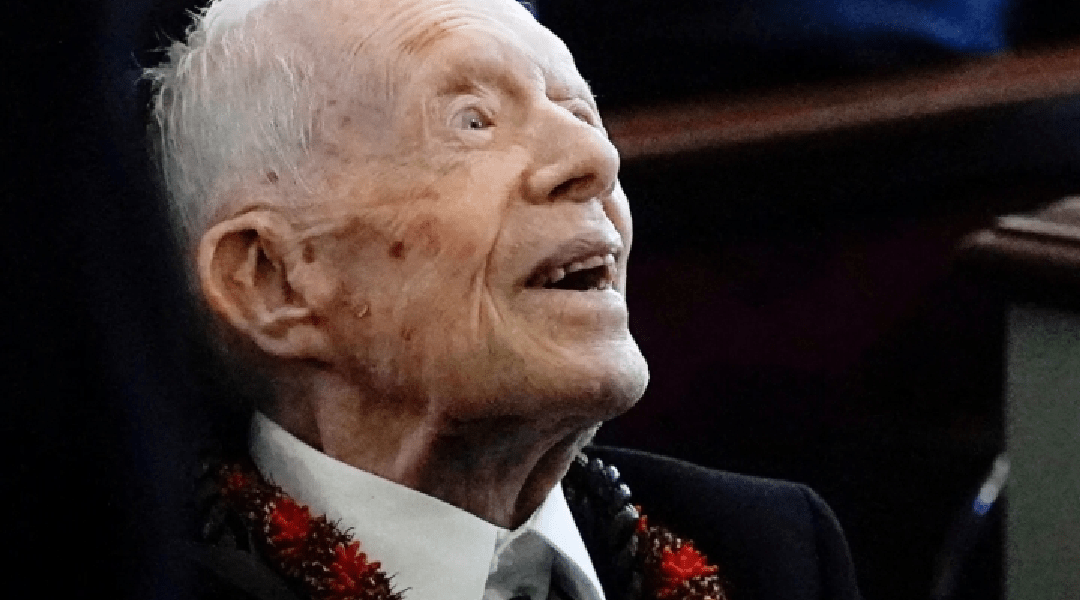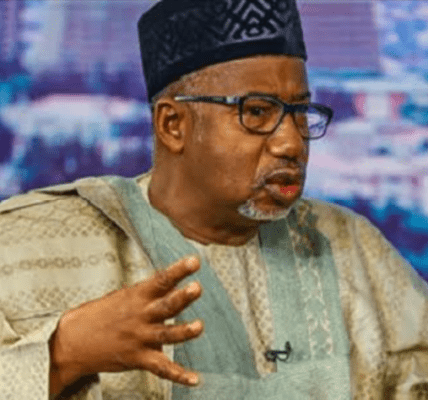This post has already been read 2316 times!
The peanut farmer who rose to the presidency in the aftermath of the Watergate scandal and the Vietnam War, James Earl Carter Jr., popularly known as Jimmy Carter, has passed away at the age of 100.
Carter, who served as the 39th president from 1977 to 1981, died peacefully at his home in Plains, Georgia, on Sunday, more than a year after entering hospice care.
A Life of Service and Humility
Carter’s life was marked by a commitment to public service and humanitarian efforts. After leaving the White House, he redefined the role of a former president, dedicating himself to global humanitarian work through The Carter Center, which he founded in 1982. The Center announced his passing on the social media platform X, stating that he died surrounded by his family.
Tributes from World Leaders
Tributes have poured in from around the world. President Joe Biden described Carter as “a man of principle, faith, and humility,” while former President Donald Trump acknowledged Carter’s efforts to improve the lives of all Americans. World leaders, including King Charles III and French President Emmanuel Macron, praised Carter’s dedication to peace and human rights.
A Presidency Marked by Challenges and Achievements
Carter’s presidency was marked by significant challenges, including Cold War tensions, turbulent oil markets, and social upheaval. His most notable achievement was brokering the Camp David Accords, a peace agreement between Egypt and Israel in 1978. However, his term was also marred by economic difficulties and the Iran hostage crisis, which contributed to his defeat by Ronald Reagan in the 1980 election.
A Legacy of Faith and Determination
Carter’s post-presidential years were characterized by his deep religious faith and a relentless work ethic. He continued to engage in diplomatic missions and humanitarian efforts well into his 90s. “My faith demands that I do whatever I can, wherever I am, whenever I can, for as long as I can, with whatever I have to try to make a difference,” Carter once said.
A Final Farewell
Carter’s passing marks the end of an era. As the longest-lived American president, his legacy of service, humility, and dedication to humanitarian causes will continue to inspire future generations.
Carter’s Enduring Influence
Carter’s influence extended beyond his presidency. He was awarded the Nobel Peace Prize in 2002 for his decades of untiring effort to find peaceful solutions to international conflicts, to advance democracy and human rights, and to promote economic and social development. His work in eradicating diseases such as Guinea worm disease and his advocacy for fair elections worldwide have left an indelible mark on global health and democracy.
Personal Reflections and Legacy
In his later years, Carter reflected on his life and legacy in numerous books and interviews. He often spoke about the importance of humility, service, and faith. “I have one life and one chance to make it count for something. My faith demands that I do whatever I can, wherever I am, whenever I can, for as long as I can with whatever I have to try to make a difference,” he said in a 2015 interview.
A Nation Mourns
As the nation mourns the loss of Jimmy Carter, his life serves as a testament to the power of dedication, faith, and service. His contributions to peace, human rights, and humanitarian efforts will be remembered and celebrated for generations to come.







